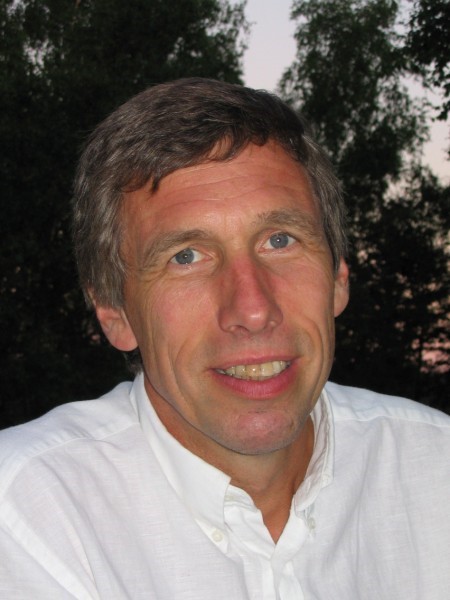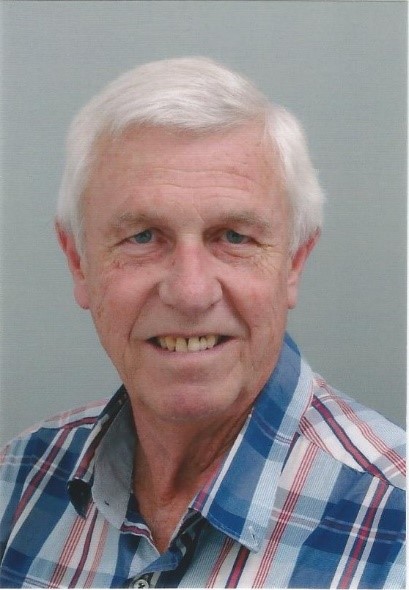

By Pieter van den Hombergh and Jarl Chabot
The fact that universal health coverage (UHC) is a moral obligation is no longer debatable. What is debatable now is what processes and evidence are needed to realise UHC. The recent article in BMJ Global Health provided a sophisticated view on “how to reach UHC” and we hope responsible policymakers will take notice of these recommendations to reach UHC in 2030.
However, we feel the paper leaves out a quintessential strategy that is highly relevant for achieving UHC in any country. The paper does not mention family medicine in primary care as a possible and promising strategy. Also, any literature on the considerable evidence of the effectiveness of family medicine and its utility is missing. Being part of primary health care, family medicine is about effective, integrated, equitable, accountable, evidence-based, continuous and accessible care for all. These core values of the discipline of FM are fully in alignment with the principles of UHC.
We think that the omission is a reflection of a wider problem. Vertical programmes are focusing on one health problem (the example in the paper is HIV/AIDS); placing vertical programmes centrally when strategic choices are made. It suggests that they are magic bullets and that countries only have to choose from these bullets to achieve UHC.
However, the workload of family physicians in western countries primarily consists of chronic non-communicable diseases (NCD). As for example 37% of all patients have a chronic disease in the Netherlands. That burden of NCDs is rapidly increasing in LMICs too. Increasing NCDs implies the need for shifting to a person-centred generalist approach. The vertical disease-oriented approach, that proved to be a successful for infectious diseases, is not suitable for NCDs. NCDs require a transition to a more appropriate health care system. Strong public health systems with quite successful vertical programs (vaccination, maternal and child health, tuberculosis, etc) dominate the system in low and middle income countries. As a result, the remaining health problems are taken care of by the private sector.
In spite of evidence that a strong primary care system results in a lower mortality and morbidity (as in here and here) the national health care strategies of LMICs rarely focus on meaningful development of the primary care system. The policy forum in these countries involves many stakeholders except for family physicians. The family medicine approach usually does not surface in their vision or strategy. Investing in a family medicine approach pays off. Being able to provide more time during consultations is known to result in improved patient experience. In addition, the training of family medicine principles and investing in more practice nurses is likely to result in a steady improvement of patient experience as care providers will get more time for their patients and experience less job stress. It is incomprehensible that costly investments in training are only done to train specialists, whereas training generalists (the previous “tropical doctor” or more recent the “global health physician”) would benefit more people. Family physicians would be very appropriate for rural health centres and rural hospitals.
At the 2010 WONCA World Conference for Family Physicians in Cancun a lifelong fighter for the community oriented approach, Prof Jan De Maeseneer from Gent, Belgium, begged global funders to invest 5% of their budget in primary care. But such pleas hardly spread outside the primary care or family medicine community. This very unfortunate division between two professional worlds – public health and family medicine – is what made us react to the paper. We believe that this split stems from the differences in vertical and horizontal programmatic approaches. The two communities need to start working together for the greater goal of a heathier world.
About the authors: Pieter van den Hombergh FP, PhD, did research in practice management at IQhealthcare, Nijmegen, The Netherlands. He worked for 3 years in Kenya, 22 years as a family physician,10 years as policy adviser for the Dutch Association of Family Medicine and 4 years as a trainer of family physician-trainers. Now international health care and the possible contribution of family medicine to universal health coverage have his interest.
Jarl Chabot, MD, MPH, has a life-long career in public health. He was Head of the Department of Health Care & Disease Control at the Royal Tropical Institute (KIT) in Amsterdam. He later moved to strategic health planning of national programmes, conducting sector reviews in many English speaking countries. He is interested in the public health transition to NCDs.
Competing interests: We have read and understood the BMJ Group policy on declaration of interests and confirm we have no conflicts of interests to declare.